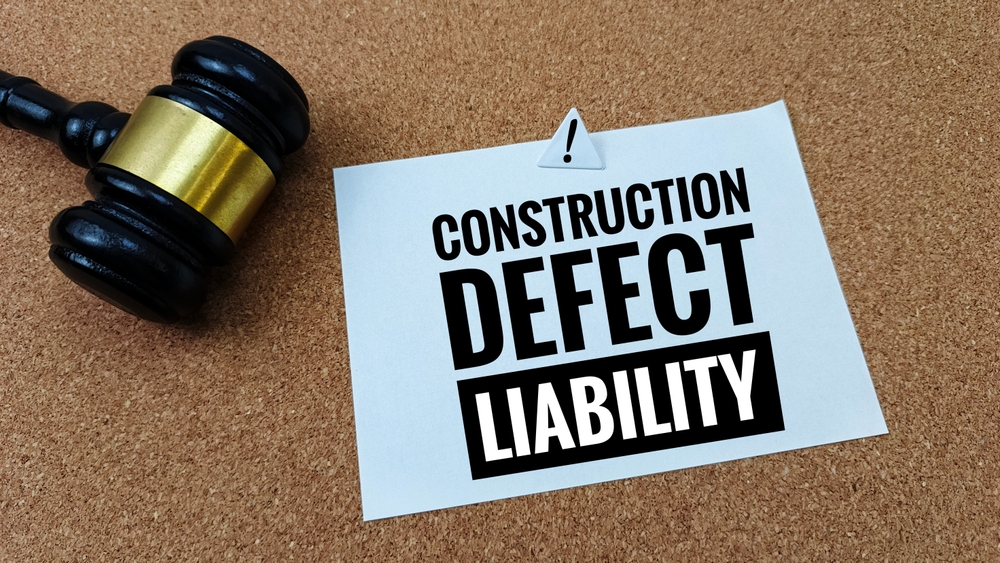

Did you know that construction trust funds can be used as another avenue for payment for the subcontractor? Construction trust funds are funds that are earmarked for work you have performed on a Property. But what happens when that money never gets paid to you, despite your proper and timely performance? Are you prepared to protect your business from a general contractor who misapplies funds that were marked for your job? When it comes down to your business, understanding what construction trust funds are and why they should matter to you as the subcontractor is essential! Because let’s face it…we all want to get paid for the hard work we’ve completed, right? This blog focuses on defining construction trust funds.
Construction trust funds are construction payments made to a contractor, subcontractor, officer, director, or agent of a contractor under a construction contract for the specific improvement of real property. Loan receipts are also trust funds if the funds are borrowed by a contractor, subcontractor, or owner for the purpose of improving specific real property, and (in Texas) the loan is secured in whole or in part by a lien on the property.
The Act was created to protect contractors, subcontractors, and material suppliers when owners or contractors do not pay for work that has been performed and accepted. For example, if you were hired by a general contractor to perform electrical work on a property, and that work was performed timely and free of defects, but you were never paid for it, you are protected by this statute. The general contractor cannot hold those funds for no reason, nor can the general contractor pay off a different job with those funds.
Many times, general contractors engage in practices where they “rob Peter to pay Paul.” What this means is that a general contractor will receive funds from a current project to pay off outstanding amounts from a past project. When this happens, they are misapplying the construction trust funds, because each job’s payments are (usually) meant just for that specific project.
A general contractor might also hold funds if they are unsure about when they will get their next job or if there is uncertainty about when they will next be paid. Unless your contract says otherwise, this is not your problem. You are entitled to payment for work you performed that was accepted. While there are defenses to the misapplication of the construction trust funds claim, they are not always applicable. Some defenses a general contractor may try to use are:
While these defenses are easily asserted, they are not so easily proved. So don’t be discouraged if these defenses come up; you may still have a fighting chance to get paid.
There are two types of claims that subcontractors can have against a contractor who has failed to pay trust funds. Subcontractors can have claims against the contractor in civil court and may also pursue criminal charges against the contractor that has acted with an intent to defraud. Typically, for civil claims, you may recover the amount of the funds that are owed to you and that were withheld, but there is currently no language that allows for the recovery of attorney fees under this statute. In order to pursue criminal claims, you must seek out the help of your district attorney.
A general contractor must follow additional rules for projects on residential homesteads in order to comply with the statute. If there is a written contract with the homeowner to make improvements, and it is more than $5,000, they must deposit the funds received into a construction account with a financial institution (i.e., a bank). This account must be named a “construction account” and the contractor must be able to provide the following information:
There are several other requirements the statute lists that a general contractor must comply with when it comes to managing funds for construction projects. If the general contractor fails to comply with some of these requirements, he may be automatically found to have intentionally defrauded the beneficiary.
There are so many important protections under the Texas Construction Trust Fund Act that the subcontractor must understand. Learn more about the requirements and protections under the act by joining us at our free webinar this month. Kasey Niederhofer, will teach you the importance of construction trust fund statutes and how to make claims to get paid for the work you completed. Sign up today! Construction Trust Funds Webinar | August 25th | 12pm
Karalynn Cromeens is the Owner and Managing Partner of The Cromeens Law Firm, PLLC, with over 17 years of experience in construction, real estate, and business law. A published author and passionate advocate for contractors, she has dedicated her career to protecting the businesses her clients have built. Karalynn is on a mission to educate subcontractors on their legal rights, which inspired her books Quit Getting Screwed and Quit Getting Stiffed, as well as her podcast and The Subcontractor Institute.

